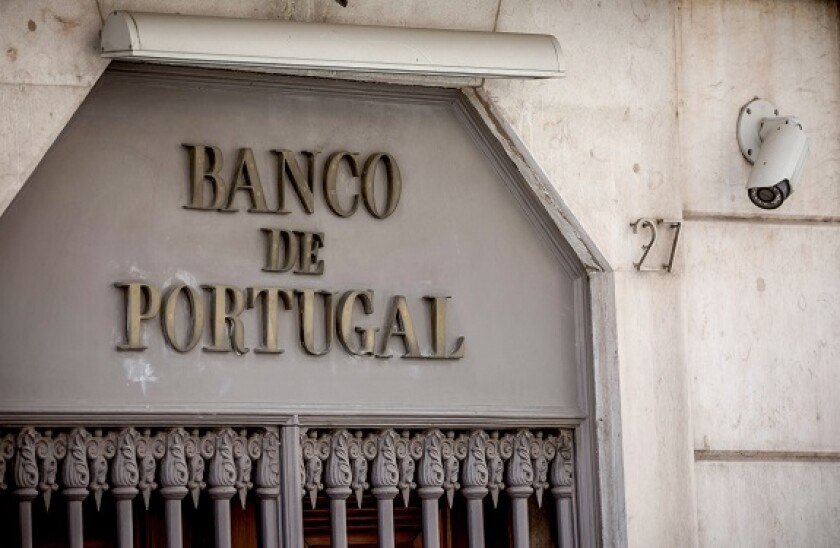Last week, Portuguese lender Novo Banco reported its 2019 year-end results, where it showed €1.067bn of losses, a 25% improvement on the previous year.
That was the good news.
The bad news was that the bank said it would request €1.037bn from the Portuguese resolution fund (FdR), the country’s public body that supports resolution measures applied by the Bank of Portugal.
This was not the first time Novo Banco has asked for the resolution fund to help. The new request, if granted, would bring Novo's total capital injections from the FdR to €2.978bn since 2017.
The reasons for the injections have their origins in the sale of a 75% stake in the bank to US private equity fund Loan Star in 2017.
Novo Banco was created in 2014, comprising the good bits of Banco Espírito Santo, which entered into resolution that year. The Portuguese state owned it all until Lone Star arrived, keeping 25% after the sale was completed.
A clause in the sale contained a contingent capitalisation agreement (CCA). The CCA would be triggered if certain ratios for the bank fell under particular thresholds, or if the bank registered losses across specified assets, forcing the FdR to inject capital to replenish the bank’s capital ratios.
The agreement also stipulated a ceiling of €3.89bn of injections from the FdR.
Reaching the limit
The sale of the stake in Novo Banco from Lone Star was “conditional on the customary approvals”, as the Bank of Portugal said, which meant that the European Central Bank (ECB) and the European Commission had to give their blessings.
The sale met no resistance. The European Commission in October 2017 approved it “based on the bank’s far-reaching restructuring plan and measures to limit distortions to competition”.
But it was not long before the bank needed the injections. In 2019 it said that losses the year before had prompted it to request €1.149bn to the FdR as part of the CCA.
Now, the bank is approaching the limit it can receive from the FdR and its latest results show that it may well hit that limit.
Last year, when Novo Banco said that it needed money, the FdR said there was only so much with which it could help, and that the state would provide up to €850m.
Last week, when the FdR's president told parliament that he predicted that Novo Banco would need a €1.037bn injection, he noted that the FdR only had up to €255m to contribute, and that the state would need to find remaining €850m.
Regulatory myopia
This seems to suggest that the FdR never possessed anywhere near the €3bn it is potentially on the hook for. It must have been inevitable that some of the contribution would have to come from state loans. In short, Lone Star is a beneficiary of Portuguese state aid.
The European Commission or the ECB seem to have devoted little thought to the consequences of the sale of the Novo Banco stake to Lone Star. Their short-sightedness has left the Portuguese taxpayer to pick up at least some of the bill.
It runs contrary to the aims of recent European financial regulation — that troubled banks should source funds from creditors, not taxpayers.
The episode reflects poorly on those publicly-owned institutions supposedly acting in the interests of the public.
If regulators want private institutions to take their mandate more seriously, they must think through how their decisions will stop public money from pouring into private pockets.

